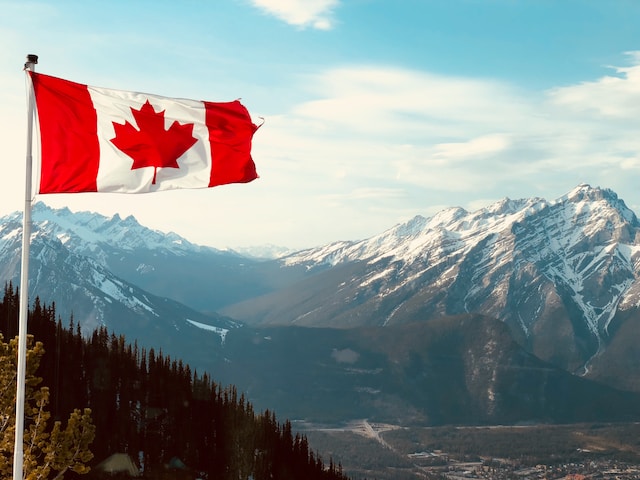By Shawn McCarthy
After vowing to take on radical environmentalists determined to stop the Northern Gateway pipeline, the Harper government has released a new anti-terrorism strategy that targets eco-extremists as threats.
With his announcement this week, Public Safety Minister Vic Toews has increased the concern among environmentalists that Ottawa regards them as implacable adversaries to be monitored and battled, rather than well-meaning advocates to be consulted.
“This is just one more step in their attempt to marginalize the environmental movement and to quiet its voice,” John Bennett, executive director of Sierra Club Canada, said Friday. “It’s an indirect suggestion that somehow environmentalism is attached to terrorism and that’s just wrong.”
On Thursday, Mr. Toews released a statement on the government’s strategy, which will target not only known terrorist groups but “vulnerable individuals” who could be drawn into politically inspired violence.
The minister said that, in addition to foreign threats, the government would be vigilant against domestic extremism that is “based on grievances – real or perceived – revolving around the promotion of various causes such as animal rights, white supremacy, environmentalism and anti-capitalism.”
New Democratic Party MP Megan Leslie said the new strategy should be seen in the context of the government’s effort to demonize the environmental movement and aboriginal groups that are opposed to the proposed Northern Gateway pipeline.
The project, which would carry oil-sands bitumen to the B.C. coast for export to Asian markets, is a top priority for Prime Minister Stephen Harper, who has extolled Canada’s ability to supply oil to China during his visit to the rapidly growing Asian country this week.
Mr. Harper and Natural Resources Minister Joe Oliver have warned against foreign-funded, radical environmentalists who are determined to derail the Gateway pipeline, while a document from the Department of Foreign Affairs listed allies of the government’s oil-sands development plans and “adversaries” that included environmental and aboriginal groups.
Ms. Leslie said the anti-terrorism strategy carries the adversarial relationship between the government and the environmental groups to the extreme.
“I find it offensive that there is a list that puts people trying to protect the environment on the same list as white supremacists,” Ms. Leslie said. She said Ottawa has created a chill among groups that worry they are being infiltrated and subjected to surveillance, as police did with protest groups prior to the G20 meeting in Toronto in 2010.
However a spokesman for Mr. Toews said those fears are baseless, that the government is not targeting legitimate dissent.
“Terrorist action occurs when an extremist ideological group plans to carry out a violent attack that reasonably can be expected to kill people or destroy property,” Michael Patton, Mr. Toews’s director of communication, said in an e-mail Friday.
“We have seen individuals or groups of differing ideologies or points of view both internationally and domestically who have planned and carried out violent attacks to bring attention to their causes.”
There have been fringe groups that advocated violence to stop resource development, and a few years ago, there was a spate of pipelines bombings in northern Alberta that caused damage but no injuries.
At the same time, native leaders have warned Ottawa that their younger generation is becoming increasingly impatient with the poverty of first nations, and may turn to violence if resource projects are approved without their agreement and participation.
From The Globe and Mail
Photo by Rene Baker on Unsplash

